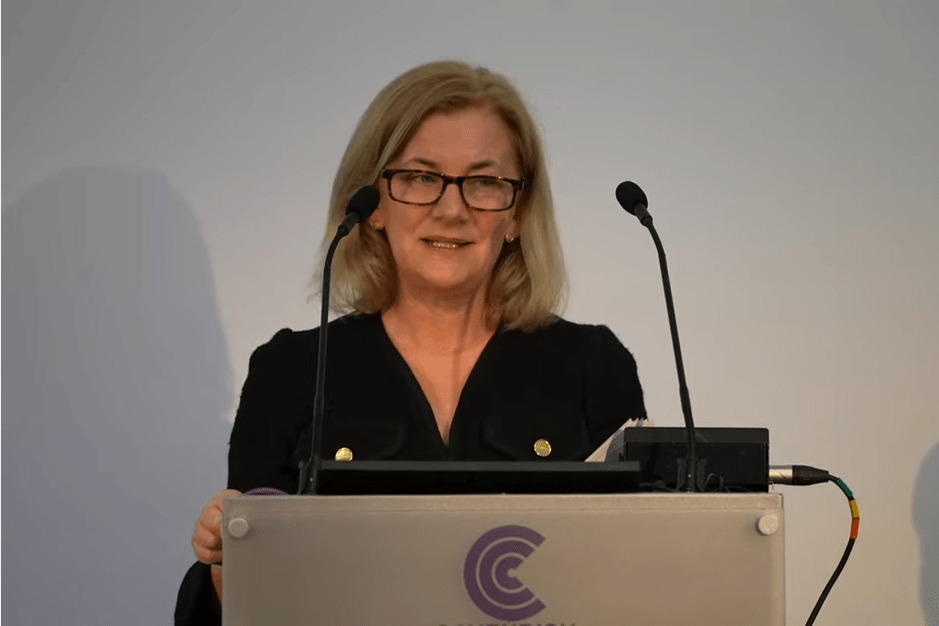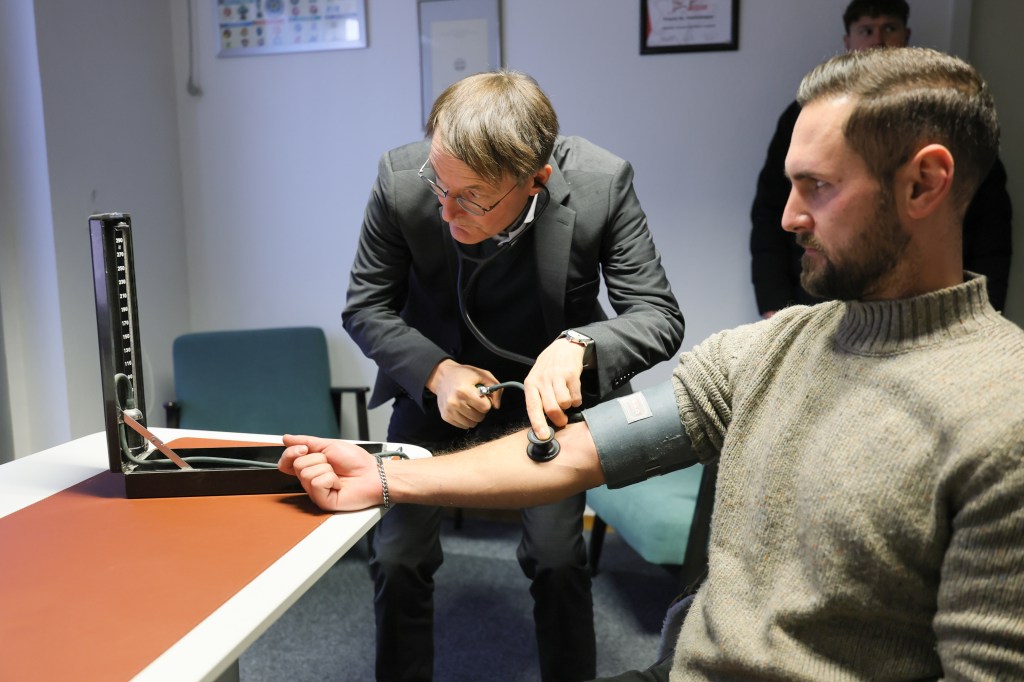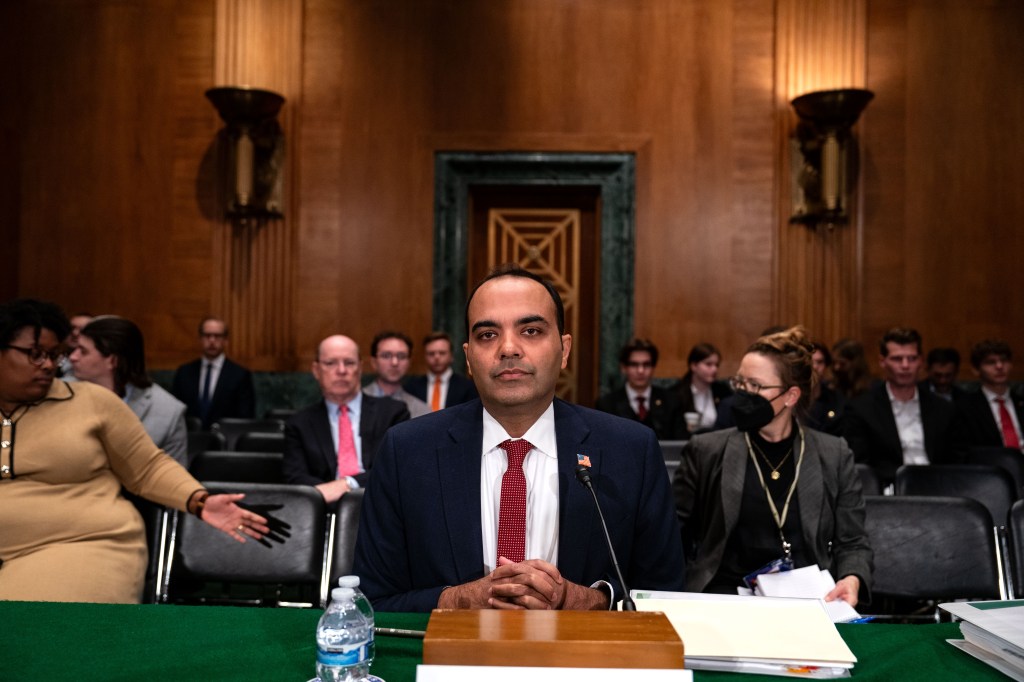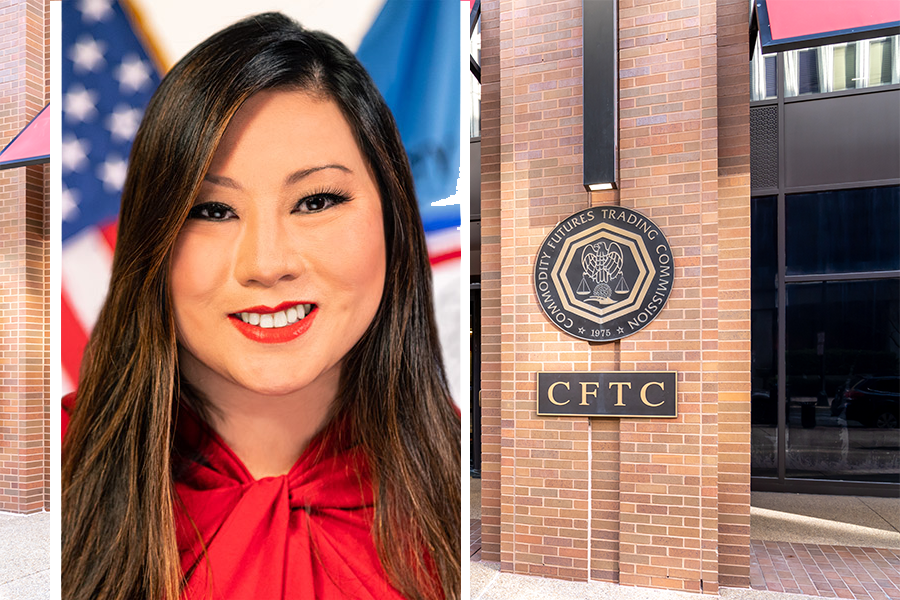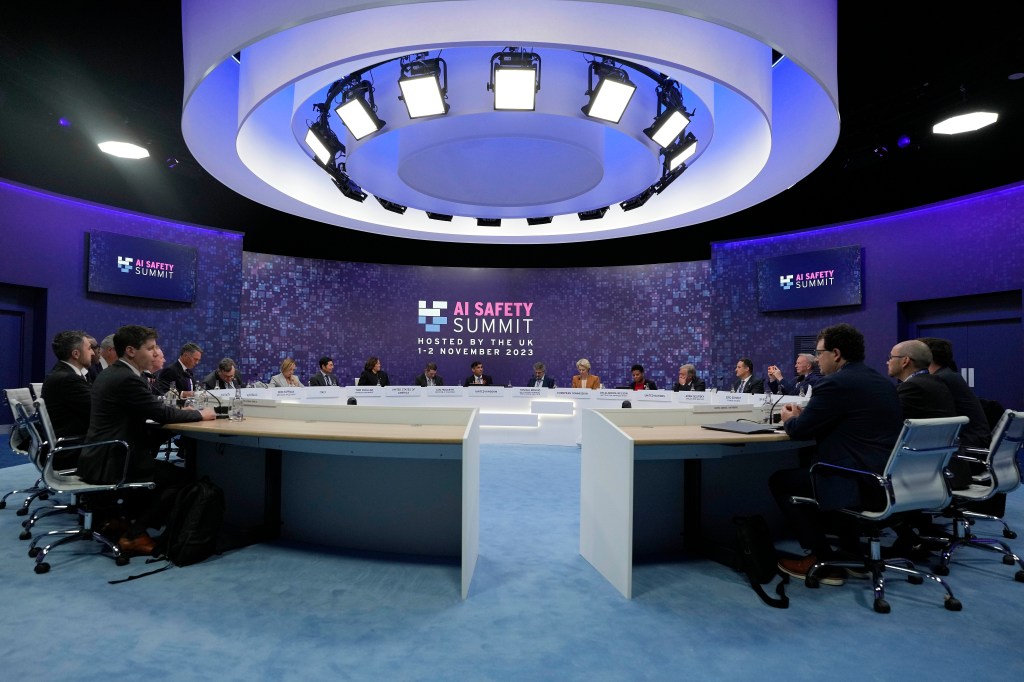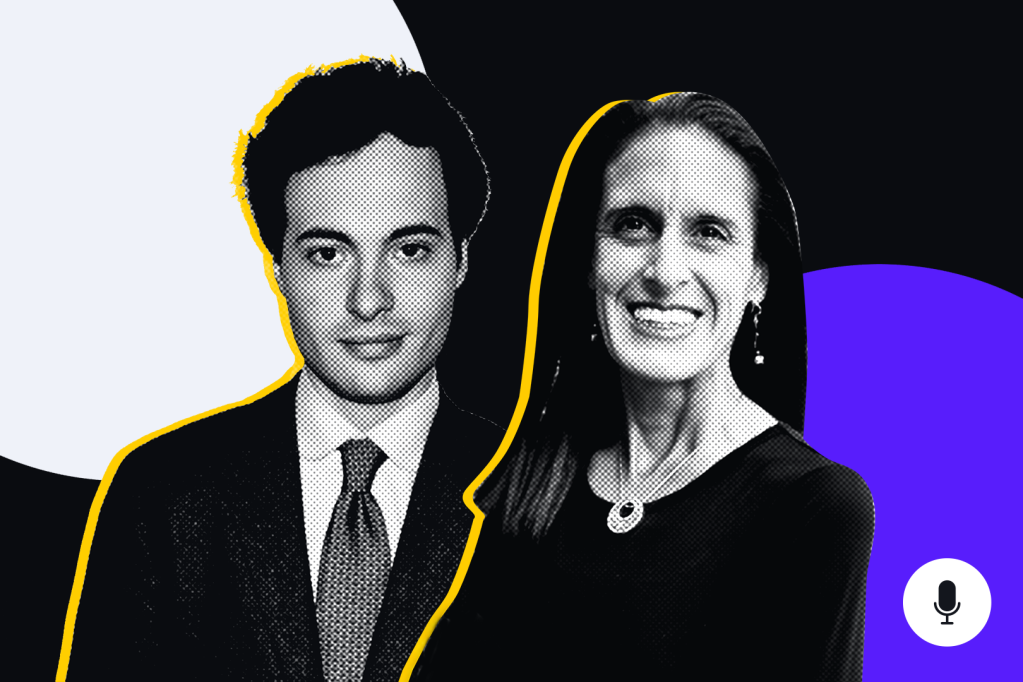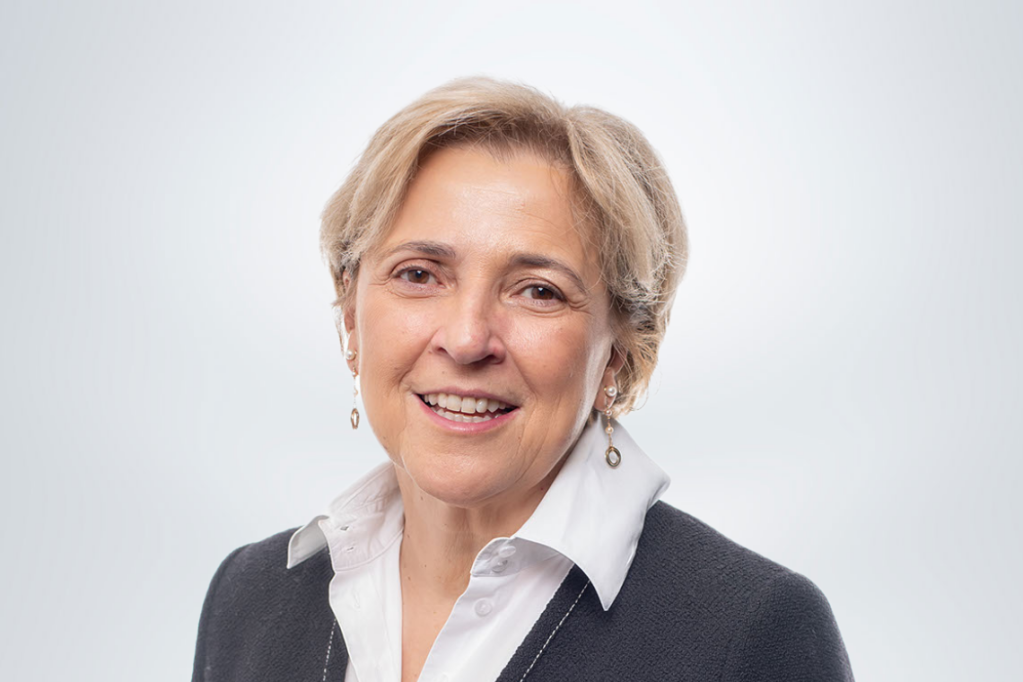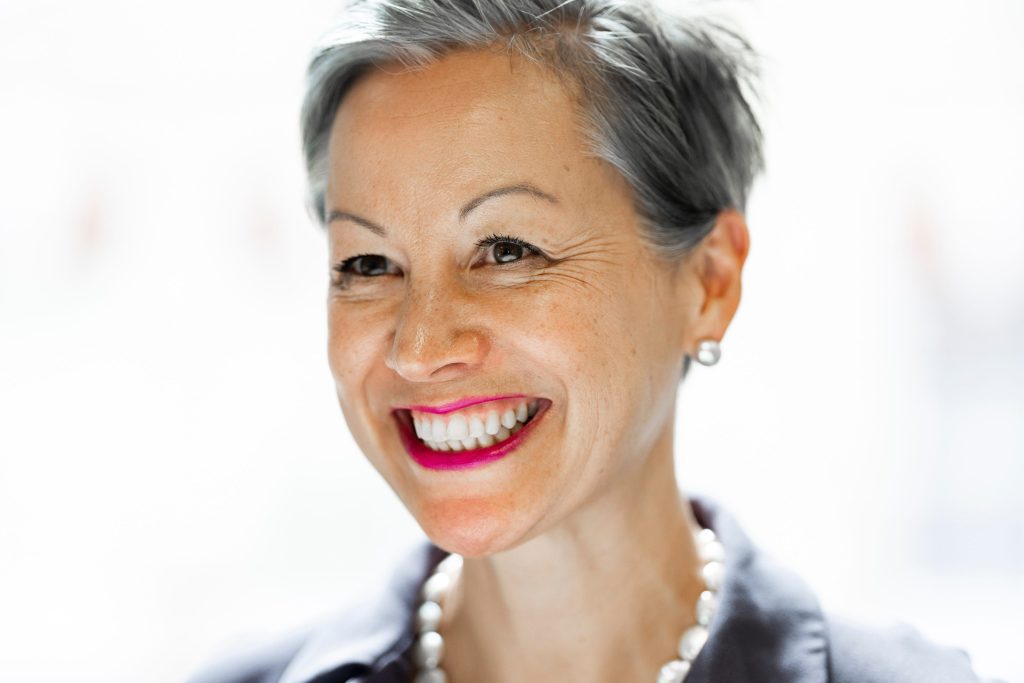With “extreme weather” and “climate action failure” among the top five short-term risks to the health of the Earth, according to The Global Risks Report 2022 published by The World Economic Forum in January, business leaders simply have to put people and the planet before profit in 2022, warns Jacqueline de Rojas, President of techUK, the UK’s technology trade association.
“If you’re not talking about the planet, then you’re probably not on the planet,” she says wryly, before quoting Tanya Steele, WWF UK’s first female CEO, who said: “We’re the first generation to know that we are destroying the world and the last that can do something about it.”
De Rojas suggests, therefore, that matching word with deed following the numerous sustainability pledges made around the 2021 United Nations Climate Change Conference (COP26) is “absolutely crucial”. Salvation is possible, she states, but only if leaders dial down competitiveness, adopt an atypical and open approach, and embrace inclusive collaboration and technological innovation.
“There’s no point making huge amounts of money if you are not serving your people, if you haven’t got your purpose right. And now businesses cannot ignore that we’ve got to get to 1.5% degrees versus heading north of that,” she argues, pointing out that for the financial services sector, in particular, operators must make good on their COP26 promises in 2022. Spurred by the event in Glasgow, banks, insurers, and investors with $130trn at their disposal pledged to put combating climate change at the heart of their work.
Inevitably, it will be technological advances that provide the best chance of humanity’s survival, but the pace of progress will rocket if leaders share knowledge and cooperation, says de Rojas. The practical merits of this approach were evident during the coronavirus crisis, with cross-industry collaboration enabling the production and roll-out of safe vaccinations in record time.
“Necessity is the mother of invention, and the difference between this pandemic and any other pandemic before it is that it has been technologically enabled,” says the President of techUK, the body that represents 900 companies in the technology sector. “We have been connected, and the challenges thrown up by the coronavirus fallout have created lots of opportunities for progress.
“It’s shown us that we have to be prepared for almost everything, and this is where technology and transformation have roles to play. During the pandemic, businesses have had to do what would normally have taken years in months. Technology has the power to do many things, and changing the world is one of them.”
Digitalization a priority but not exclusive
De Rojas is optimistic that technology can significantly augment humanity in the coming decades but stresses the need to work together and not lose sight of serving everyone. “We live in a time where tech can assist us, make our lives easier, and rethink how we live our daily lives,” she says. “But we can’t leave people behind. We have to be digital-first, but not digital-only.
“The United Nations predicts that by 2050 there will be over 9bn people to feed, clothe, transport, employ, and educate, and unlike any generation before us in history, we know how to design and build for that future. There’s never been a more exciting, challenging, or important time to do the work that we do, but tech is moving at such a fast pace that it surprises even us technophiles. This speed of progress has been phenomenal, but we can’t let this moment pass; we now have a once-in-a-generation opportunity to make wholesale transformation a reality.”
De Rojas, who has been President of techUK since 2015 and was awarded a CBE three years later for services to international trade in the technology industry, has long championed diversity and inclusion. She is hopeful that, due to the seismic societal change triggered by the pandemic, transformation can be achieved, especially in the financial services sector, which is sluggish to evolve in this regard.
“There’s a lot of tradition in banking,” she says, “but those hundreds of years of tradition are being disrupted. Many things will force it to move faster from its traditional roots. It’s not an overnight culture shift, but there are links between poor culture and poor decision-making. Conduct failings were laid bare following the 2008 global financial crisis. So the focus has to shift towards the role more diverse teams can play in supporting better decision-making, better outcomes for firms and customers, and also better risk management.”
There are encouraging signs, however. In July 2020, Lloyds Banking Group’s effort to improve staff diversity was deemed “credit positive” by Moody’s Investors Service, marking the first time that the rating agency has explicitly linked a company’s stability to ethnic diversity measures. In the wake of the global ripples caused by the murder of George Floyd in May that year, Lloyds resolved to be more diverse, acknowledging that, at the time of the Moody’s rating, black employees accounted for just 1.5% of its total workforce and 0.6% of its senior management.
“While Scandinavia is off-the-scale amazing, there are lots of good things happening in the financial services sector in the UK, in terms of improving diversity and equality,” says de Rojas, who is half-Chinese. She highlights the Women in Finance Charter, for instance, and the Parker Review, which said all FTSE100 companies should have at least one director of color by December 2021.
Diverse leadership for sustainable solutions
“China is reasonably equal, too, although not so much at the top level,” she continues. “Chairman Mao famously proclaimed that women ‘hold up half the sky’, but in other big economies like the United States, the UK, and Japan, I do despair as we just haven’t moved quickly enough.”
Warming to her theme of collaborative innovation, de Rojas says, “Diversity is the answer to every question. In the words of [British computer scientist] Dame Wendy Hall: ‘If it’s not diverse, it’s probably not ethical.’ So whenever we’re creating anything, we need to have all of our voices at the table, whether that’s technology or policy, or process, because recent research confirms that we get better outcomes 87% of the time.
“Also, if an algorithm is going to decide whether you get a job interview or a mortgage, you’d better make sure that you’ve got diverse people building that algorithm in a transparent way.”
Finally, de Rojas emphasizes the need for an urgent mindset shift from business leaders operating in the technology and financial services spaces, and beyond, for the sake of the planet and its people. “The potential to do incredible things has never been greater, and the responsibility to use that technology well has never weighed more heavily,” she says. “I look forward to a digital future built on a foundation of ethics, with purpose and with compassion, and with sustainability at the front of all of our minds.”
She adds: “Tech companies are hardwired to bring and develop problem-solving solutions. This is our moment, an amnesty of sorts giving us time to make big changes with tolerance for disruption in the marketplace. So let’s be bold, collaborate, and innovate.”

